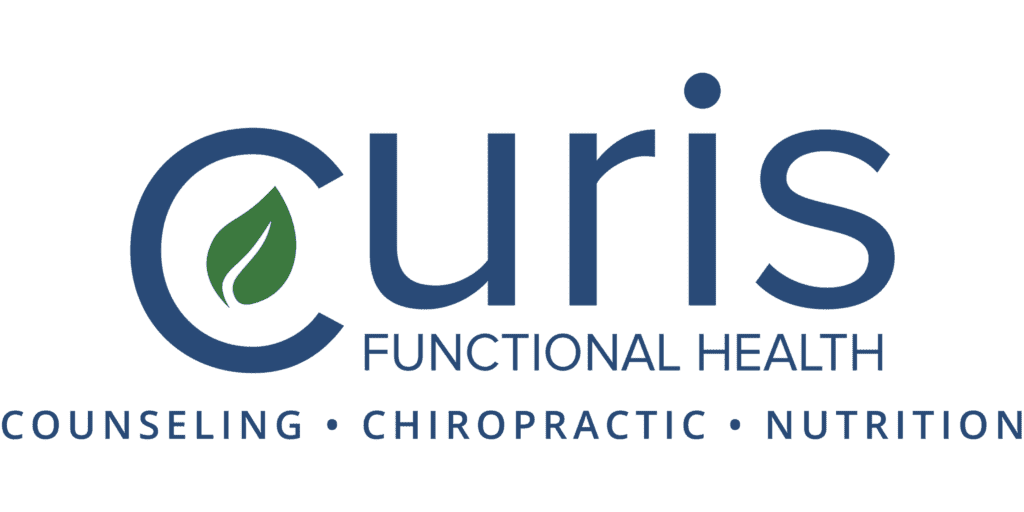Download our Holiday Weight Loss Survival Guide now! CLICK HERE TO DOWNLOAD
- Chiropractic
- Mental Health
- Nutrition
- Weight Loss
- Locations
Tennessee
Illinois
Oklahoma
Colorado
North Dakota
Florida
Coming Soon
Atlanta, GA
Austin, TX
Chattanooga, TN
Chicago, IL
Dallas, TX
Denver, CO
Fort Worth, TX
Kansas City, MO
McKinney, TX
Minneapolis, MN
Nashville, TN
Oklahoma City, OK
Orlando, FL
Phoenix, AZ
San Antonio, TX
St Louis, MO
Tampa Bay, FL
Tulsa, OKLocation Key
- Express Location
Illinois
Indiana
Oklahoma
Colorado
North Dakota
Coming Soon
Atlanta, GA
Austin, TX
Chicago, IL
Dallas, TX
Denver, CO
Fort Worth, TX
Houston, TX
Indianapolis, IN
McKinney, TX
Minneapolis, MN
Oklahoma City, OK
Orlando, FL
Phoenix, AZ
Salt Lake City, UT
San Antonio, TX
St. Louis, MO
Tampa, FL - About Us
- Join Our Team

